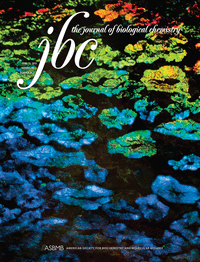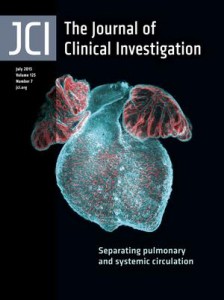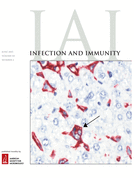Science is fixing images in a paper published online in April that discovered an immune-boosting protein, after the authors mistakenly mixed up similar-looking Western blots.
The paper, which received some press coverage, identified a protein that helped the immune system fight off cancers and infections. Philip Ashton-Rickardt, a scientist at Imperial College London who led the study, told the The Telegraph:
This is exciting because we have found a completely different way to use the immune system to fight cancer.
The editor in chief of Science, Marcia McNutt, told us that the journal contacted the authors once it learned of “irregularities” in some of the figures, which did not affect the conclusions of the paper:
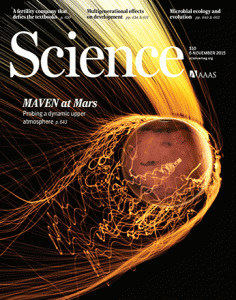



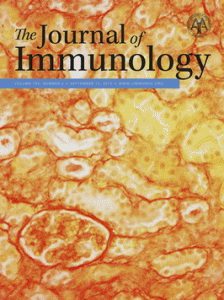 All but one of the authors of a
All but one of the authors of a 
